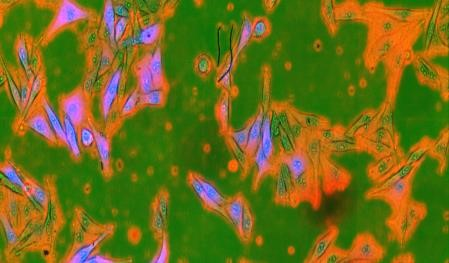The convergence environments consist of interdisciplinary research groups that will solve grand challenges in life sciences with methods from biology, bioinformatics, chemistry, computational biology, computer sciences, economics, genetics, immunology, languages, law, mathematics, medicine, musicology, pedagogy, physics, pharmacy, philosophy, psychology, special needs education and sociology.
The convergence environment ITOM will include two postdoctoral and two PhD positions where one of the PD’s will be at the physics department. The researchers will use advanced imaging technology and data analysis to improve stem cell derived organ representations.
There is a significant need for developing reliable human organ representations (termed organoids) for drug development, personalized drug testing, and (in the longer run) for organ transplantations. The advent of induced pluripotent cell (iPSC) technology has allowed developing in vitro human organoids that show features of the organs they represent but are significantly less structured and less mature than their human counterparts. The field, therefore, requires high-content tracking tools and algorithms to guide organoid development. Developing such technologies will represent a leap towards reliable personalized organoids with organ-like histology and functionality.
ITOM received excellent feedback from the UiO:Life Science review panel. According to the panel, the proposed research will address important research challenges to improve organoid development and the project was described as ambitious and innovative.
Involved researchers from Njord: Luiza Angheluta-Bauer and Dag Kristian Dysthe
